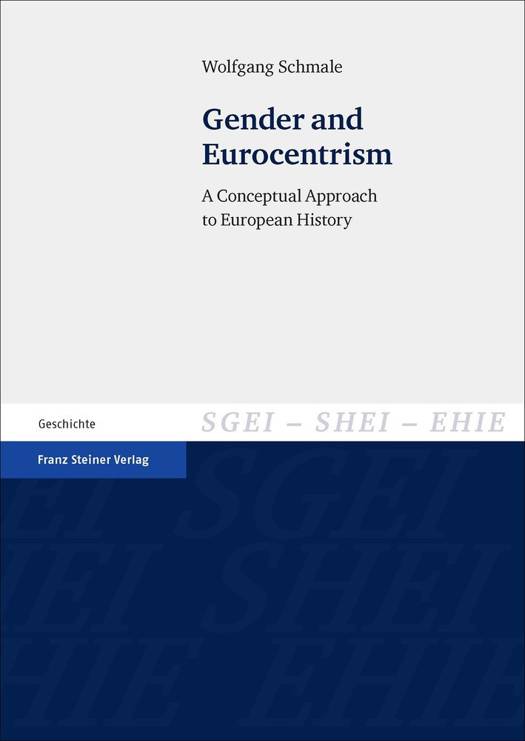
Je cadeautjes zeker op tijd in huis hebben voor de feestdagen? Kom langs in onze winkels en vind het perfecte geschenk!
- Afhalen na 1 uur in een winkel met voorraad
- Gratis thuislevering in België vanaf € 30
- Ruim aanbod met 7 miljoen producten
Je cadeautjes zeker op tijd in huis hebben voor de feestdagen? Kom langs in onze winkels en vind het perfecte geschenk!
- Afhalen na 1 uur in een winkel met voorraad
- Gratis thuislevering in België vanaf € 30
- Ruim aanbod met 7 miljoen producten
Zoeken
Gender and Eurocentrism
A Conceptual Approach to European History
Wolfgang Schmale
Paperback | Engels, Frans, Duits | Studien zur Geschichte der Europäischen Integration / Études sur l'Histoire de l'Intégration Européenne / Studies on the History of European Integration | nr. 29
€ 125,95
+ 251 punten
Omschrijving
What is European in the history of Europe? In order to answer this question, Wolfgang Schmale uses two approaches. Firstly, he develops the concept of a performative speech act into what he defines as a collective historical speech act. Secondly, he looks at European history from a gender point of view. Europe was generally thought to be male - considering the former Republic of Letters' definition of Europe as a male civilization. However, the 18th-century's performative speech act presently loses its binding force as European civilization develops from 'male' to diversity and plurality, yet right wing parties try to defend and to repeat the historical performative speech act by ignoring the fundamental switch in European civilization. This will only produce violent conflicts. This book considers developments and consequences in a post-performative epoch.
Specificaties
Betrokkenen
- Auteur(s):
- Vertaler(s):
- Uitgeverij:
Inhoud
- Aantal bladzijden:
- 214
- Taal:
- Engels, Frans, Duits
- Reeks:
- Reeksnummer:
- nr. 29
Eigenschappen
- Productcode (EAN):
- 9783515114615
- Verschijningsdatum:
- 18/07/2016
- Uitvoering:
- Paperback
- Formaat:
- Trade paperback (VS)
- Afmetingen:
- 170 mm x 239 mm
- Gewicht:
- 370 g

Alleen bij Standaard Boekhandel
+ 251 punten op je klantenkaart van Standaard Boekhandel
Beoordelingen
We publiceren alleen reviews die voldoen aan de voorwaarden voor reviews. Bekijk onze voorwaarden voor reviews.









